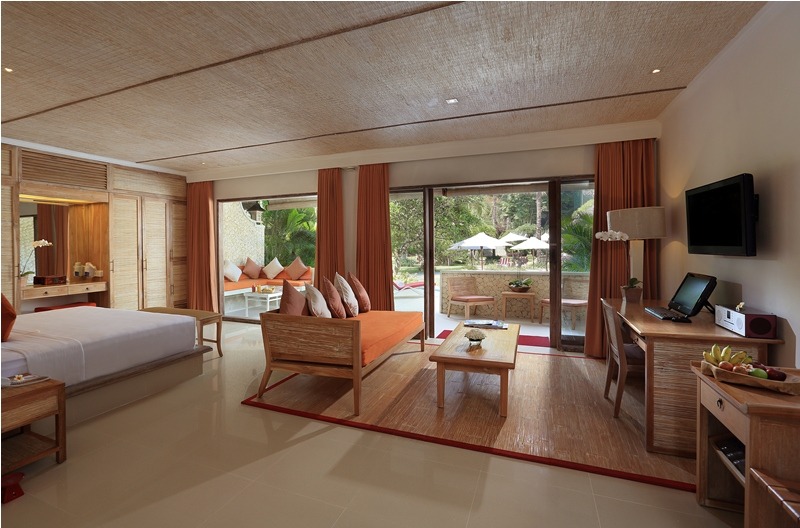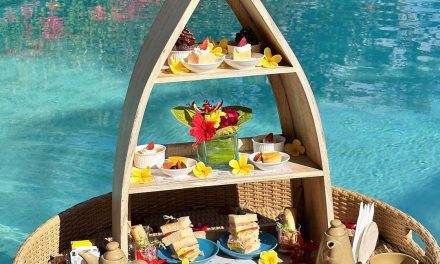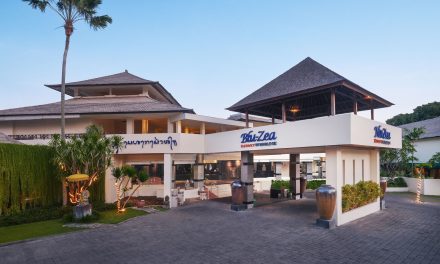Nestled on the southwestern coast of Bali, Canggu has transformed from a quaint fishing village to a bustling hub known for its surf beaches, trendy cafes, and vibrant expat community. While its growth has brought economic opportunities and global attention, it has also raised concerns about the preservation of local culture. As someone who has spent considerable time in Canggu, I’ve witnessed firsthand the efforts and challenges faced by the local community in retaining their cultural identity amidst rapid development.
A Melting Pot of Cultures
When I first visited Canggu a few years back, I was struck by the juxtaposition of traditional Balinese culture and modern, global influences. I remember sitting at my favorite Warung (a small family-owned eatery) and listening to an elderly Balinese woman sharing stories about the village’s past with a group of tourists who were captivated by her anecdotes. This blend of cultures created an intriguing atmosphere where tradition and modernity coexisted, but it also posed a question: how do the locals maintain their cultural heritage in the face of such drastic change?
Community Engagement: A Driving Force
One of the most remarkable things I observed during my time in Canggu is the active engagement of local communities in preserving their culture. Initiatives like community-organized festivals celebrate traditional Balinese ceremonies, inviting visitors to participate and learn about the local customs. I remember attending the annual “Ogoh-Ogoh” festival, where vibrant, demon-like effigies made from bamboo and paper are paraded through the streets before being burned. The energy was contagious, and it was a perfect blend of local pride and cultural education.
Practical Tips for Visitors
If you ever find yourself in Canggu, consider immersing yourself in these cultural celebrations. Participating in local events not only enriches your experience but also supports the community’s efforts to preserve their culture.
1. Stay Informed: Follow local social media pages or community boards to know when the next festival or cultural event is happening.
2. Engage with Locals: Don’t hesitate to ask locals about their traditions and stories; they often love sharing them!
3. Support Local Businesses: Choose to dine at traditional Warungs instead of international chains, which often donate a portion of their profits back into the community.
Education and Awareness Initiatives
Another significant part of Canggu’s culture preservation efforts is education. Local non-profits and community groups often conduct workshops and classes to teach younger generations about traditional crafts, such as gamelan music, batik painting, and Balinese dance. I vividly recall my experience at a gamelan workshop, where I found myself clumsily trying to play this intricate traditional instrument, guided by a patient local instructor. The joy on his face when I finally hit the right note was unmatched—it was a real testament to the passion for keeping cultural practices alive.
Engaging in these educational experiences not only fosters a sense of respect for the culture but also creates a bridge between local youths and their heritage.
Involving Expat Communities
As Canggu has become a hotspot for expatriates, the blending of cultures has influenced local culture in unexpected ways. The local community has embraced this by involving expats in cultural preservation efforts. For example, workshops often see both locals and expats working side by side, learning and sharing knowledge. This collaboration not only enriches the experience but also fosters mutual respect and understanding.
The Role of Sustainable Tourism
With tourism being a driving force in Canggu’s economy, there is a growing push for sustainable tourism practices that respect the local culture. Businesses are increasingly prioritizing eco-friendly practices and cultural sensitivity. For example, some cafes and hostels are designed with traditional Balinese architecture and use locally sourced materials.
What You Can Do
As a tourist, your choices significantly impact the local economy and culture. Here are some practical ways to engage in sustainable tourism while visiting Canggu:
– Choose Eco-friendly Accommodations: Opt for lodgings that emphasize sustainability and cultural preservation.
– Eat Local: Seek out restaurants that serve traditional Balinese cuisine made from locally sourced ingredients.
– Limit Plastic Use: Carry a reusable water bottle and shopping bag to minimize your environmental impact.
The Road Ahead
While Canggu’s evolution into a tourist haven presents challenges to cultural preservation, the community’s proactive approach offers hope. By balancing modernity with tradition, the locals are forging a path that respects their heritage while embracing the benefits of globalization.
In my conversations with villagers, I was often struck by their resilience and optimism. They believe that by sharing their stories and culture with the world, they can create a sustainable future for generations to come. The efforts are not just about preservation; they’re about thriving amidst change.
Final Thoughts
Canggu’s local culture preservation efforts illustrate a broader narrative of balancing progress with tradition. Whether you’re a local or a visitor, there’s much we can all do to contribute to this vibrant tapestry of culture. So the next time you find yourself sipping coconut water on a Canggu beach, take a moment to reflect on the rich heritage surrounding you and consider how you can support this remarkable community. After all, culture is best preserved when shared, celebrated, and lived.






